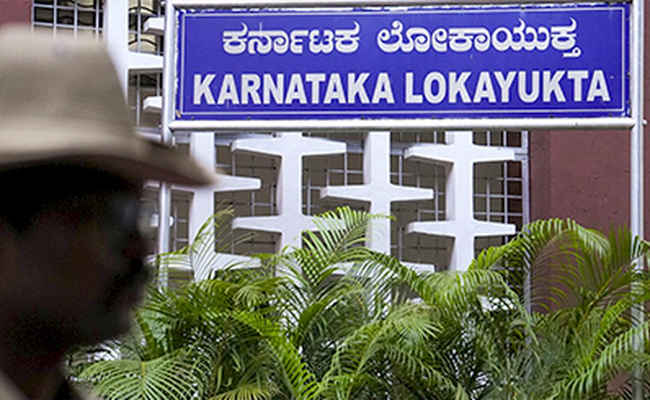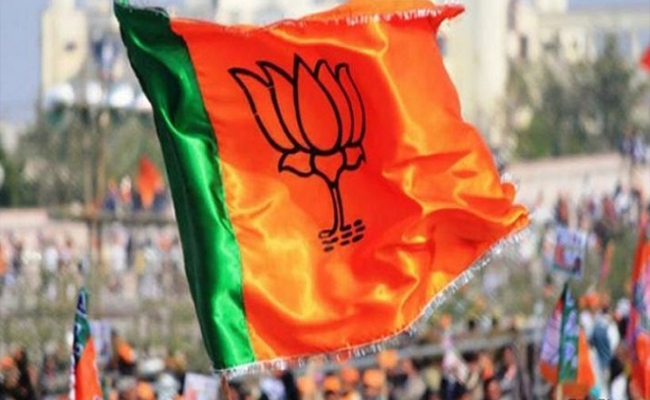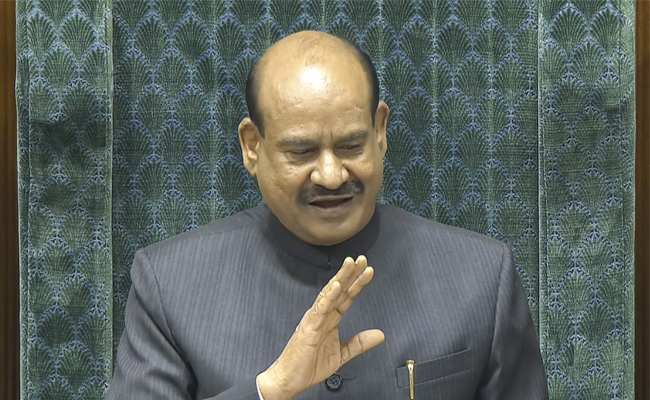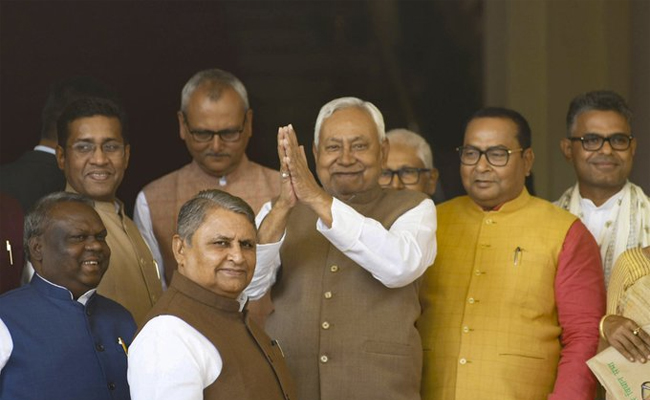San Francisco, Oct 2 : To further protect the integrity of elections, Twitter on Tuesday said it will now delete fake accounts engaged in a variety of emergent, malicious behaviours.
As platform manipulation tactics continue to evolve, the micro-blogging platform said it is expanding rules to better reflect how it identifies fake accounts and what types of inauthentic activity violate its guidelines before the US mid-term elections in November.
"Some of the factors that we will take into account when determining whether an account is fake include use of stock or stolen avatar photos, use of stolen or copied profile bios and use of intentionally misleading profile information, including profile location," said Del Harvey, Vice President, Trust and Safety, Twitter, in a blog post.
"We are expanding our enforcement approach to include accounts that deliberately mimic or are intended to replace accounts we have previously suspended for violating our rules," she added.
Twitter has also expanded the criteria for when it will take action on accounts which claim responsibility for a hack, which includes threats and public incentives to hack specific people and accounts.
"In August, we removed approximately 50 accounts misrepresenting themselves as members of various state Republican parties," informed Yoel Roth, Head of Site Integrity at Twitter.
"We have also taken action on Tweets sharing media regarding elections and political issues with misleading or incorrect party affiliation information," he added.
In August, Twitter removed 770 accounts engaging in coordinated behaviour which appeared to originate in Iran.
"Our automated detections continue to identify and challenge millions of potentially spammy and automated accounts per week. In the first half of September, we challenged an average of 9.4 million accounts each week," said Roth.
Twitter is also witnessing a decline in the average number of spam-related reports it receives from users each day -- from an average of approximately 17,000 per day in May to approximately 16,000 per day in September.
Let the Truth be known. If you read VB and like VB, please be a VB Supporter and Help us deliver the Truth to one and all.
Bengaluru (PTI): The Lokayukta on Thursday conducted simultaneous raids at the premises of several government officials across different districts of Karnataka in connection with alleged possession of disproportionate assets, officials said.
The searches were carried out at multiple locations linked to officials working in various government departments in districts including Bengaluru, Mandya, Dharwad, Hassan, Mysuru, Vijayapura and Yadgir, among others, they said.
According to Lokayukta officials, the raids targeted officials holding posts such as Assistant Executive Engineer, Junior Engineer, Deputy Electrical Inspector and Taluk Backward Classes Welfare Officer.
ALSO READ: More than 1,200 booked for drunk driving during Holi celebrations in Delhi
Among those raided was Assistant Executive Engineer M C Satyanarayana of the Hassan Municipal Corporation.
High drama unfolded during the raid at Satyanarayana’s residence in Hassan, where Lokayukta officials were forced to wait outside the house for more than an hour before gaining access as the door was not opened, sources said.
When Satyanarayana failed to respond to requests to open the gate, officials attempted to enter the house by climbing to the first floor.
In another case, officials conducted searches at the residence of Chief Engineer Vasantappa Nayak of Karnataka Rural Infrastructure Development Limited located in Akshaya Colony in Hubballi, sources said.
Currently serving in Bengaluru, Nayak had been transferred from Hubballi to Bengaluru in April last year. Officials are carrying out searches at his residence in Akshaya Colony, they said.
The raids were conducted by multiple teams of Lokayukta officials early in the morning at the residences and offices of the suspects following complaints regarding disproportionate assets.





